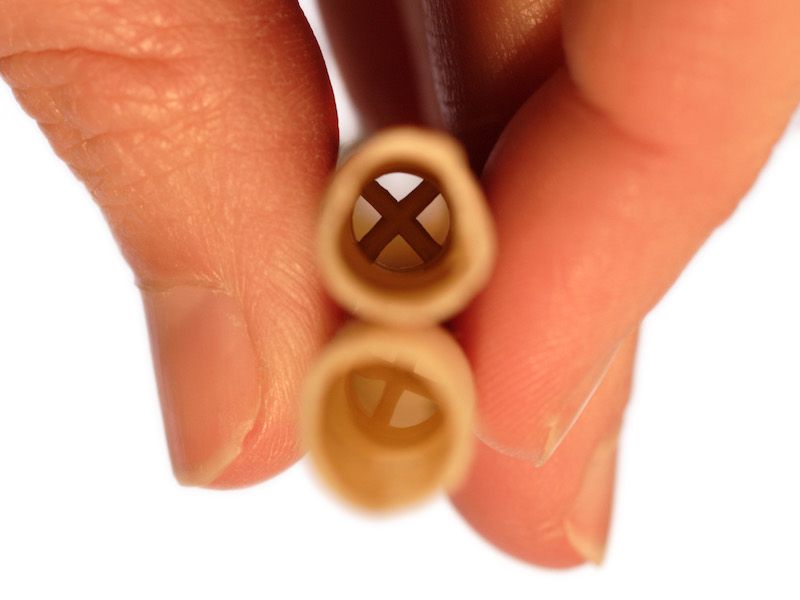
There’s a persistent idea in some circles that a practice called “ear candling” is an effective way to decrease your earwax. Is ear candling effective and what is it?
Do Earwax Candles Work?
Spoiler alert: No. No, they don’t.
Why then, does this piece of pseudo-science keep finding its way into the minds of otherwise rational human beings? It’s difficult to say with much accuracy. But the more you discover about earwax candling, particularly the risks involved, the more likely you can develop an informed decision (even if the rational decision is pretty obvious).
What is Earwax Candling?
So the basic setup goes like this: Maybe you’re not certain how to eradicate all your built up earwax. You’ve read that it’s dangerous to use cotton swabs to clean your earwax out. So you start searching for an alternate and stumble on this approach known as earwax candling.
Here’s how earwax candling purportedly works: You develop a pressure differential by cramming the candle in your ear, wick side out. This pressure difference then sucks the wax out. Theoretically, the pressure difference is enough to break up any wax that may be clogging up your ear. But cleaning your ears this way can be dangerous.
The Reason Why Ear Candling Doesn’t Work
This practice has several issues, including the fact that the physics just don’t work. You would need a significant amount of pressure to move earwax around and a candle is not capable of creating that kind of pressure. Also, a candle doesn’t possess the type of seal necessary to maintain pressure.
Now, the candles used in these “treatments” are supposed to be special. When you’re done with your fifteen minutes of ear candling, you can break apart the candle and, in the hollow, see all bacteria, debris, and wax that had previously been in your ear. The only problem is that the same debris shows up in both used and unused candles. So the entire practice amounts to fraud.
Scientific analysis has never been able to prove any benefit involving earwax candling.
So we Know Ear Candling Doesn’t Work But is it Dangerous?
What’s the harm in giving it a shot, right? Well, you’re asking for trouble anytime you get a hot candle around your ears. You might be ok if you decide to try earwax candling. Plenty of people do. But there are definitely risks involved and it’s definitely not safe.
Here are a few negative effects of ear candling:
- Extreme burns to your inner ear. When melted candle wax goes inside your ear, it can cause severe hearing issues and burns. This could permanently damage your hearing in the most extreme cases.
- You might cause significant harm when you play around with an open flame and potentially even put your life in danger. You wouldn’t want to burn down your house, would you? It’s not worth the risk to attempt this ineffective technique of wax elimination.
- Once the wax cools it can block up your ear canal. You could wind up temporarily losing your hearing or even requiring surgery in serious cases.
You Can Keep Your Ears Clean Without Needing a Candle
The majority of people will never actually have to be concerned about cleaning earwax from their ears. That’s because your ears are really pretty good about cleaning themselves! However, there are certain people who will have uncommonly heavy earwax production or buildup to contend with.
If it happens that you have excessive earwax there are techniques that have been proven to work safely. You could try a fluid wash, for example. Or you might see a professional who will be able to use specialized tools to get extra wax or wax blockages out.
Cotton swabs are definitely a no-no. And you should also stay away from using an open flame to clear out earwax. Earwax candling doesn’t work, and it can create risks that will put your comfort and your hearing in considerable danger. So maybe it’s time to put away those special candles